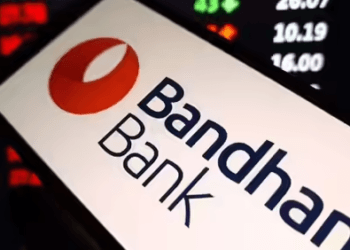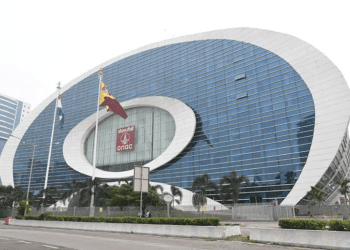DBT Bureau
Bengaluru, 3 July
Discount brokerage firms like Zerodha, Groww, Upstox, and others are likely to increase their brokerage charges in the coming months for investors owing to a Sebi circular on fee structure.
On July 1, Sebi came up with a circular, stating that market infrastructure institutions (MIIs), which include stock exchanges, depositories, and clearing corporations, should charge a uniform fee from their members and not offer any rebate for bringing more volume. This mandate, which will come into effect from October this year, will have several consequences on investors as many discount brokerage firms have said that they would raise charges for executing trades.
In a blog post, Zerodha’s CEO, Nithin Kamath said, “As a business, we may have to introduce a brokerage fee for equity delivery investments, which is currently free, or/and increase F&O (futures and options) brokerage.”
Similarly, many others have also pointed out that zero cost brokerage model wouldn’t be sustainable post the new mandate.
Currently, regulators including the Reserve Bank of India and market regulator, Sebi are concerned over huge rise in F&O (future & options) volume seen in Indian market.
The options premium volume, which was around Rs 8.5 lakh crore in 2018-19, jumped to Rs 69 lakh crore in FY22. In FY23, the options premium turnover staged a surge to Rs 119 lakh crore, while FY24 saw a record premium volume turnover of Rs 151 lakh crore.
According to regulator, most of the new investors taking exposure to F&O (future & option) trades are retail investors, who are newly entering the market. Studies indicate that most retail investors incurred losses in the F&O segments in past years. Despite such risks, the lure of earning easy money coupled with ultra-low trading charges are attracting retail investors to enter this segment.
Many analysts see this move by Sebi as a step to control the F&O volume and discourage retail investors to tap this route of trading.
Meanwhile, the proposed move will adversely impact the profitability of most discount brokerage firms as more than 90 per cent of their earnings are currently coming from the F&O volume.




















